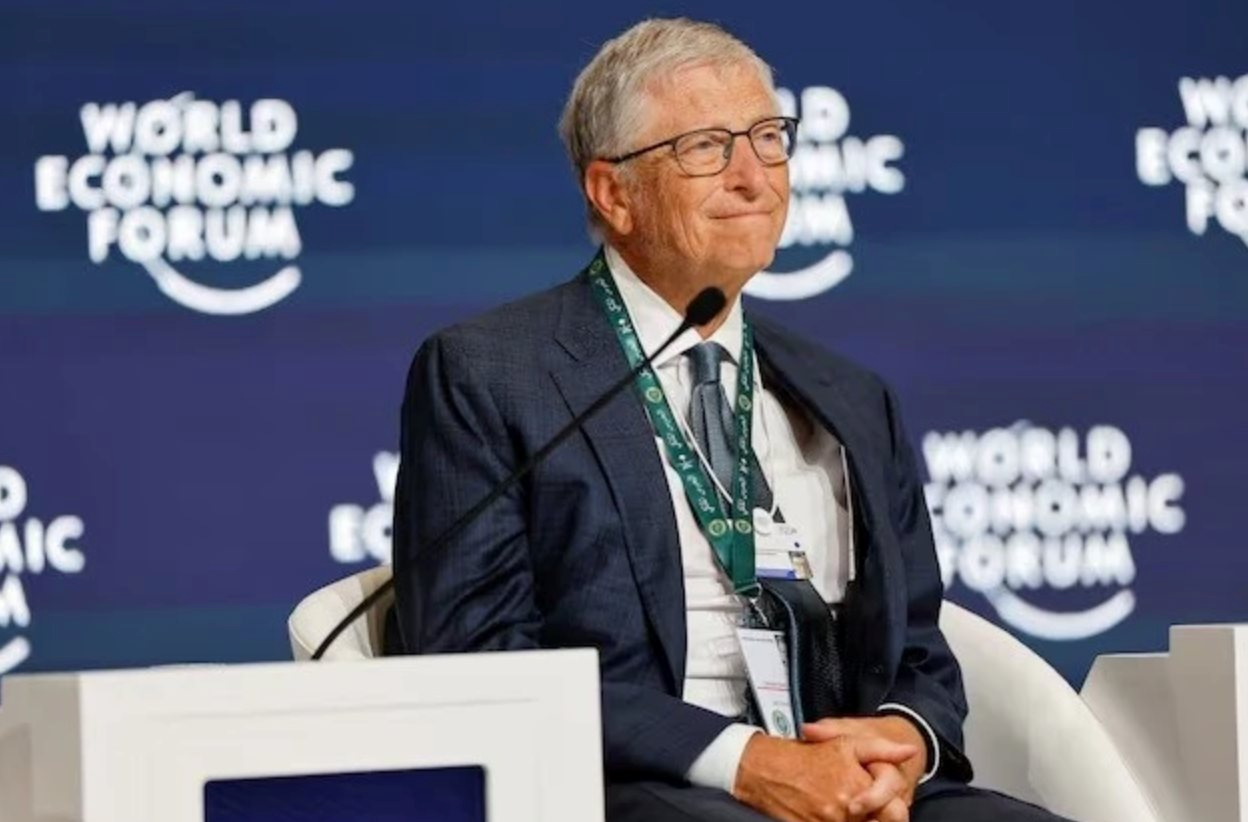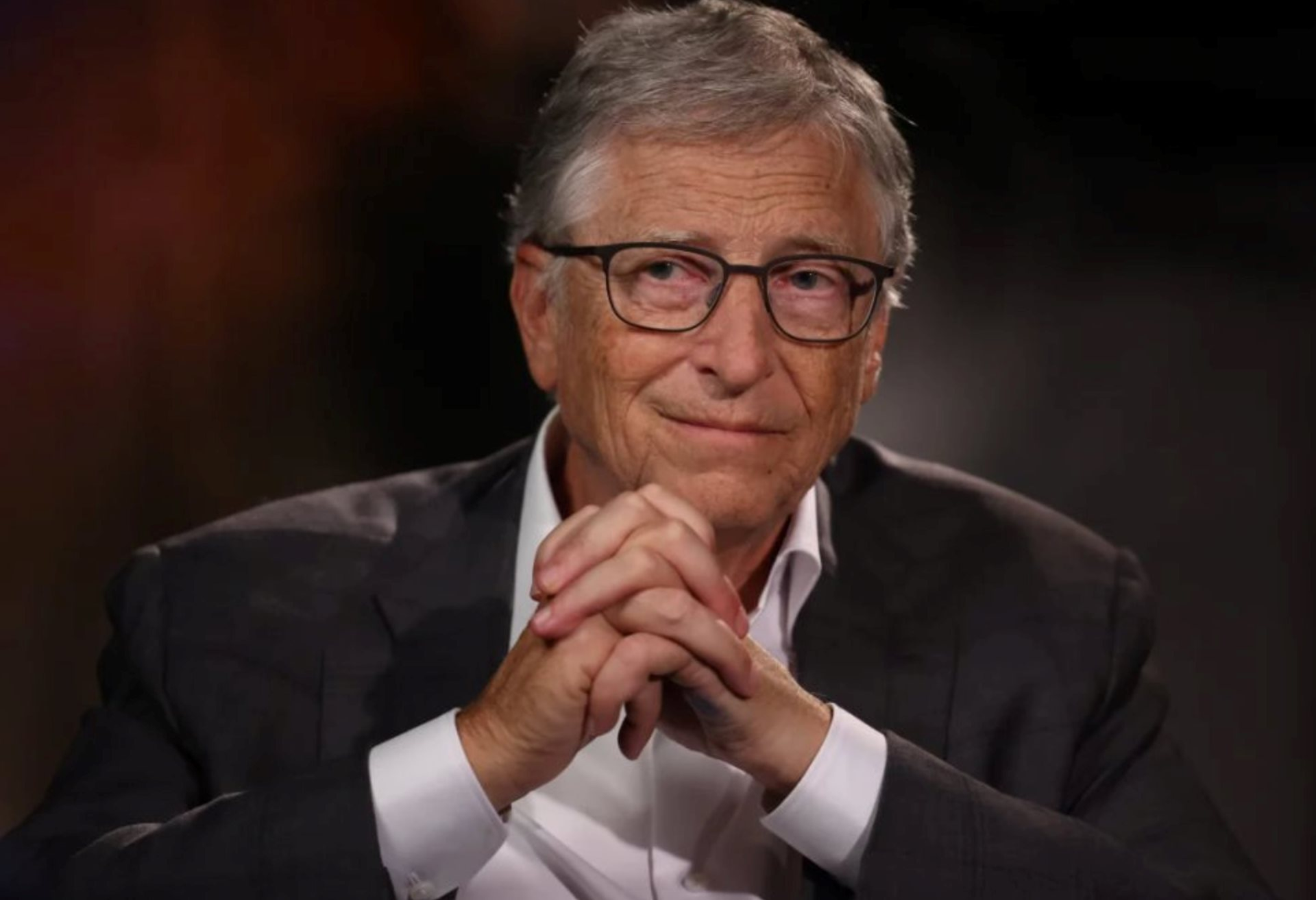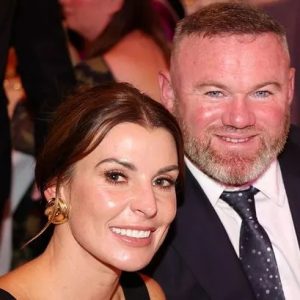
Determining the end date of his philanthropic career – December 31, 2045 – Bill Gates not only announced the end of the world’s largest foundation but also sent a new vision for how to do charity with purpose and “expiry date”. The decision was announced on the occasion of the 25th anniversary of the founding of the Gates Foundation, coinciding with his 70th birthday and the 50th anniversary of Microsoft, marking a turning point in his journey to serve the global community.
Gates has pledged to donate 99% of his personal fortune — estimated at more than $200 billion — to the foundation over the next 20 years, after which it will officially close at the end of 2045. He told the Associated Press that with pressing issues like pandemics, poverty, gender inequality and the climate crisis, it is important to give back to the world.
Accordingly, the Gates Foundation will double its spending compared to the first 25 years and close on the announced date. Business Insider said this is a significant shortening of the operating time compared to the 50-year plan planned in 2006.
Bill Gates has previously expressed concern that cutting US foreign aid — especially health aid programs like USAID — could lead to higher child mortality and outbreaks of diseases that were nearly eradicated, like HIV. Gates has been highly critical of Elon Musk, arguing that cutting aid by 80% would be devastating for the world’s poorest people.
With its unprecedented pace of spending and the scale of its contribution, Gates’ decision marks a personal commitment to tackling infectious diseases, poverty, and improving global health systems. Looking back at the first 25 years of the foundation’s operations since its founding in 2000, more than $100 billion has been dedicated to initiatives such as childhood immunization, HIV/TB/malaria prevention, improving reproductive health, and basic education. The foundation has helped found the Gavi Vaccine Alliance and the Global Fund to Fight AIDS, among others.
Melinda French Gates, co-founder, left the organization in mid-2024. In her remarks, Melinda emphasized that the foundation’s important legacy is long-term, sustainable results — such as a sharp decline in child mortality — rather than personal pride.

According to experts, the story of choosing to close the fund in 2045 reflects the view that charitable funds should operate strongly and have a clear time limit instead of dragging on too long, causing administrative costs to be wasted. Gates once shared with Time that closing early will help optimize efficiency: good budget control, avoiding the situation where the fund becomes a “hibernating” organization after the founding generation.
Financially, the foundation will have $77.2 billion in assets by the end of 2024, almost all of which came from Gates and Warren Buffett. Each year from now, the foundation will gradually increase its spending to $9–10 billion a year. CEO Mark Suzman said the plan to double spending over the next 20 years to address the world’s most pressing problems is a necessary step in the face of declining government funding.
Bill Gates has made no secret of his ambition to expand investment in reproductive health, immunization, girls’ education and improving health systems in poor countries. He has said much of the progress in reducing the number of children who die each year from 10 million to 5 million is due to the foundation’s work over the past 25 years.
But questions remain: Who will inherit this legacy after 2045? Will current education, health, or data systems be maintained? Gates has emphasized that his goal is to build a “sustainable ecosystem” by supporting local organizations and governments to continue operating the program.
Gates’s “give fast, give hard” journey over the past two decades has saved tens of millions of children’s lives, and promoted vaccines, health care, and education. That model is setting a new standard for global philanthropy: transparent, aggressive, and driven by real growth. By 2045, when the door closes, Bill Gates expects the results that have been “planted” to continue to “bloom” from local programs, partnerships, and governments around the world.
Theo: Business Insider






